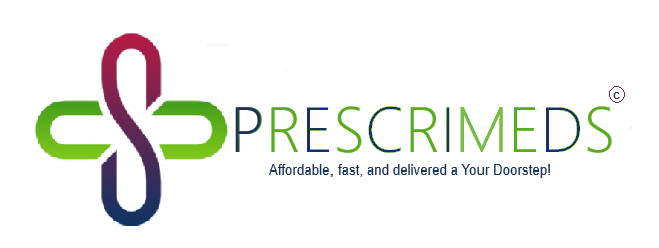Hypertension: A Comprehensive Guide for Women
Hypertension: Introduction
Hypertension, commonly known as high blood pressure, is a prevalent health concern that affects people worldwide. While both men and women can develop high blood pressure, women often face unique considerations related to their hormonal changes, lifestyle choices, and overall well-being.
The Impact on Women
Hypertension is a condition in which the force of blood against the walls of the arteries is consistently too high. If left uncontrolled, it can lead to serious health complications such as heart disease, stroke, and kidney damage.
For women, hypertension can have additional implications due to their distinct physiological characteristics, including hormonal fluctuations and reproductive health milestones.
Hormonal Influences on Hypertension
Hormonal changes that occur during different stages of a woman’s life can impact blood pressure levels. For instance, some women experience elevated blood pressure during pregnancy, a condition known as gestational hypertension.
This condition requires careful monitoring, as it can potentially lead to preeclampsia, a severe complication that endangers both the mother and baby.
Additionally, menopause marks another significant phase in a woman’s life that can affect blood pressure. The decrease in estrogen levels during menopause has been linked to an increased risk of hypertension. Therefore, women approaching or experiencing menopause should be proactive about monitoring their blood pressure and adopting heart-healthy lifestyle choices.
Risk Factors for Women Hypertension:
Several risk factors contribute to the development of hypertension in women. These include:
- Family History: A family history of hypertension increases a woman’s risk of developing the condition.
- Obesity: Being overweight or obese can raise blood pressure, especially when coupled with other risk factors.
- Physical Inactivity: Leading a sedentary lifestyle can lead to weight gain and increase the likelihood of hypertension.
- Unhealthy Diet: High sodium intake, excessive sugar consumption, and low potassium levels can contribute to elevated blood pressure.
- Stress: Chronic stress can lead to an increase in blood pressure over time.
- Smoking and Alcohol: Both smoking and excessive alcohol consumption are linked to hypertension.
Prevention and Management of Hypertension:
Raising awareness and taking proactive steps are crucial for women to prevent and manage your blood pressure.
- Healthy Lifestyle: Adopting a balanced diet rich in fruits, vegetables, whole grains, and lean proteins can contribute to maintaining a healthy weight and blood pressure. Limiting sodium intake and avoiding processed foods is also crucial.
- Regular Exercise: Engaging in regular physical activity, such as brisk walking, swimming, or yoga, can help control weight and manage stress.
- Stress Reduction: Practicing stress-reduction techniques like mindfulness, meditation, and deep breathing can contribute to better blood pressure control.
- Regular Check-ups: Routine medical check-ups are essential for monitoring blood pressure and catching any abnormalities early.
- Medication, if Necessary: In some cases, lifestyle changes alone may not be sufficient to manage blood pressure. Healthcare professionals may prescribe medications like Valsartan or Propranolol to help control blood pressure effectively.
High blood pressure poses a significant health risk to women, and understanding the unique factors that affect them is crucial for prevention and management.
By adopting a heart-healthy lifestyle, staying informed about their health, and seeking timely medical attention, women can take charge of their well-being and reduce their risk of developing hypertension-related complications.
Remember, it’s never too early to start prioritizing cardiovascular health and making positive changes for a healthier future.

